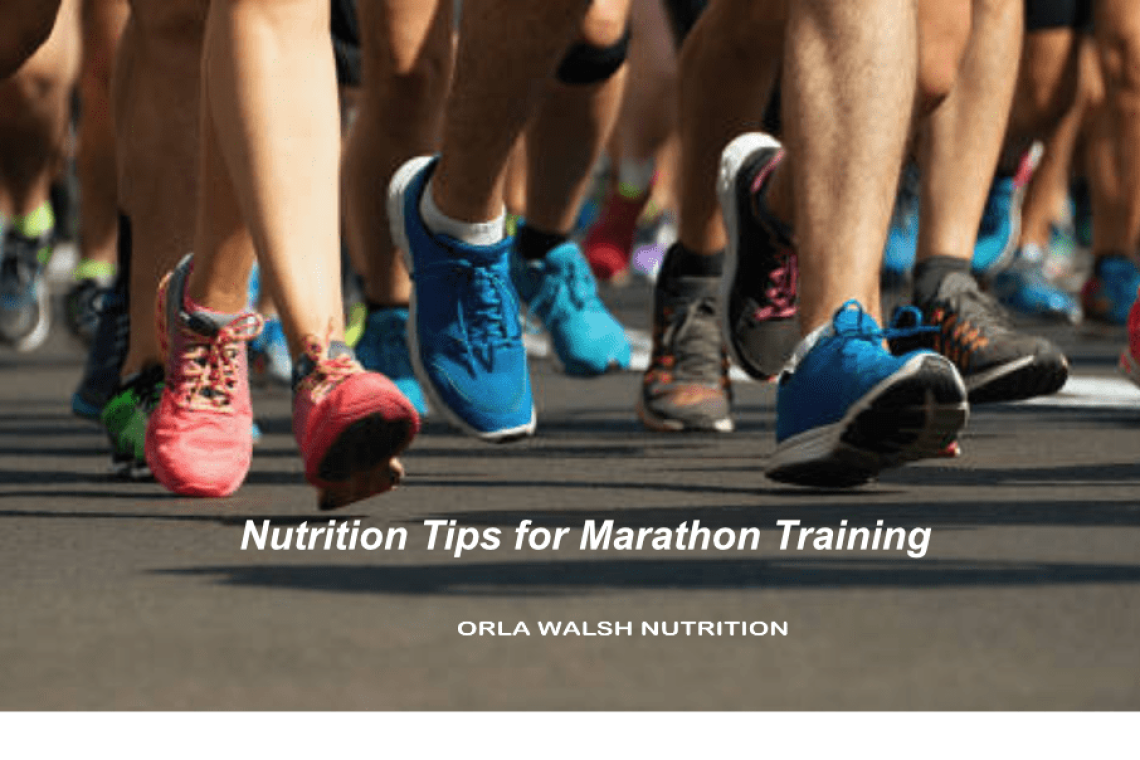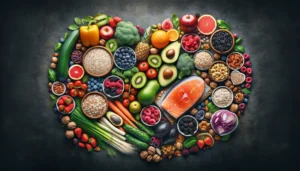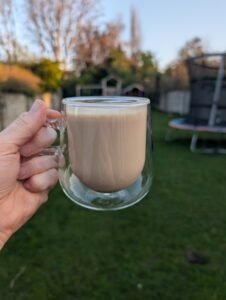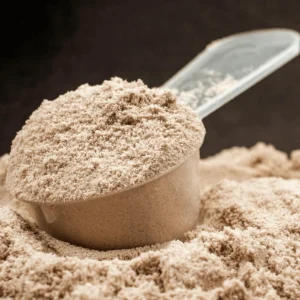1. Water
Get used to running with a camel pack. You may need to steer away from tops with razor backs and instead go for tops that look like t-shirts with cut off sleeves. Studies show that if you like the taste of the drink you’ll consume more. Adding electrolyes is a good idea and to help reduce the amount of carbs you need to eat when running, a carb based fluid is also helpful.
2. Carbohydrate
Practice eating enough carbs per hour on your long runs. You certainly want to be hitting 30 grams of carbs per hour. This might mean 5 jelly babies or 1 gel and some carby-fluid. Whatever you choose to eat, make sure you can eat it when out of breath! Hard jellies count lead to choking!
3. Protein
When it comes to what protein to take in after training, whey is better at stimulating your muscles to grow and repair than soya. However, soya is better than casein. So, if you follow an exclusively plant based diet or are vegan, choose soy protein. Otherwise, choose whey. Casein protein powder has it’s uses, so don’t bin it! It’s may not be preferable after training, but it can be a better choice last thing at night. But, more on that again… Be sure to buy batch-tested products.
4. Fruit and Vegetables
Do not scrimp on fruit and vegetables if your tummy is at you with nerves (e.g. week before marathon). When nervous some fruits and vegetables are more preferable as they’re less likely to worsen your gut symptoms. For example, spinach, tomatoes, less ripe bananas (touch green), blueberries, strawberries and raspberries. Your Dietitian will help tailor this list to your tastes!
5. Coffee
By now you’ll have been working on caffeine for sports performance with your Dietitian. Please do remember that you’ll be nervous on race day so may need less. Also, coffee can be an unrelliable source of caffeine due to huge variiations of caffeine in each cup. Plus, as you may have figured out, coffee stimulates your gut to move as much as a meal. Interestingly, caffeinated coffee is only 24% stronger than decaf coffee. In other words, it’s more than the caffeine in coffee that makes you poo!
If you would like to speak to one of our dietitians about performance nutrition or a more specific health issue, you can book a consultation, either virtually or in person at Orla Walsh Nutrition.











